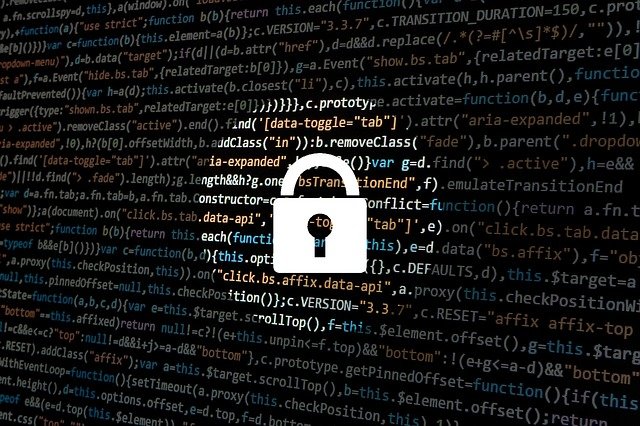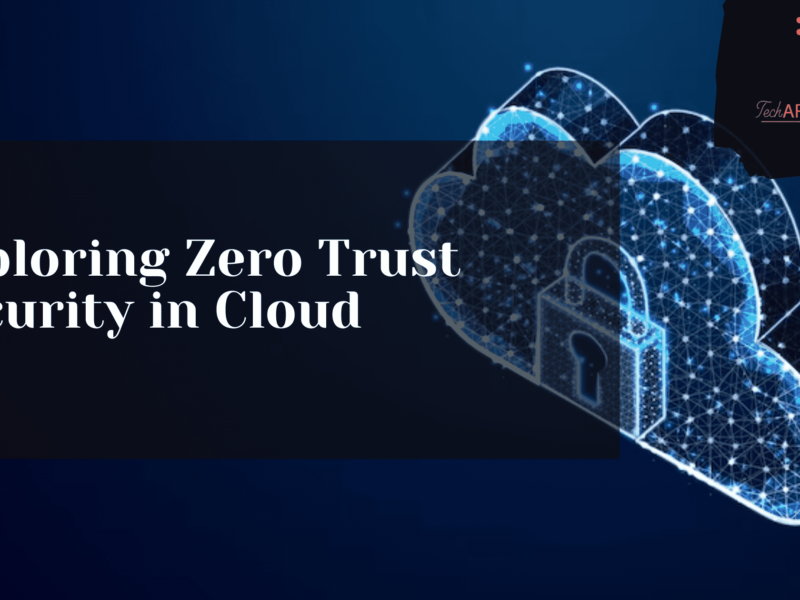Cybercrime has become a disastrous threat to the world. In the early ’20s, data and information were only limited to companies and businesses. But today, every human being is a living deck of data. An intelligent living, followed by robots, drones, lampposts, and more, is leveraging cybercrime more than ever.
In an interconnected world, achieving full-fledged cyber security is the most formidable challenge. Moreover, Post Covid-19 has shifted the paradigm of living; nearly everything is carried out using AI. Whether it’s about taking classes, shopping, airline bookings, attending an office meeting, hiring new employees, everything you name is now online.
High-profile cybercrime attempts are a signal towards an unfilled gap of security. However, the world is now more concerned about ensuring their data is secure, innovating and developing new protocols and security networks to make the internet a safer place to survive. While considering a cyber security degree worth it in today’s world to be an expert.
Let’s look into the emerging steps this field is taking to cope with the digital scams.
The Zero-Trust strategy
A few years back, data inside an organization’s premises was assumed secure. No information or data can flow outside the firewall of an office building. However, a new business paradigm that allows employees to connect or access the company’s data using SaaS applications, cloud storage, IoT, or other remote devices has somewhat compromised security.
Loopholes in many secure channels and security protocols make it convenient for cybercriminals to enter the boundary and damage an organization’s assets at large. A digital forensics analyst would stress implementing the Zero-Trust policy whenever attempting to put data online, which is Never to trust and verify to prevent such cybercrime threats.
According to it, none of the devices, networks, workers, or systems should be trusted by default. The strategy is based on these three principles:
- Verify explicitly – every access request is initially authenticated and authorized based on user identity points, device, and application health.
- Use least Privileged Access – Just-in-time access to organizational resources is allowed for legitimate purposes.
- Assume Breach – encrypted data protection control in the system, so nothing is compromised even if attacked by cyber attackers.
Real-Time Trigger detection and instant action
With severe vulnerabilities in an organization’s structure, any data is at stake. Especially the health sector – is the recent target of cybercriminals. The UVM Health Network was attacked on October 28th, 2020 – bringing a loss of $1.3 Million in daily revenue.
The digital world is converting systems into defensive mode – extinct detectors and immediate actors to overcome these loopholes. Taking third-party services or making their AI machine learning programs secure enables them to detect threat scenarios in real-time, investigate and respond by taking immediate measures.
Secure and automated infrastructure provides confidence to the company and workers to operate. Big Data security checkpoints cope with every request and authenticate them using multi-factor authentication.
A whopping rise in Cyber security Budgets
The remote work has sent enterprises scrambling to protect their cloud infrastructure from end-point-based attacks. Hyper-connected systems, devices, and the flow of data using cloud-based programs have challenged security measures.
To adapt to changing pace, cyber security awareness, prevention, and security is every organization’s new code of conduct.
The worldwide cyber security budget is estimated to reach $170.4 Billion by 2022, according to Gartner. As per PWC’s 2021 Global Digital Trust insights report, 55% of the enterprise executives said their cyber security budgets would rise this year.
These are mind-boggling stats and a lot of zeros to wrap your head around. But the need is real, as organizations are turning operations online – making cloud assets safer. It means more reliance on AI and machine learning, which means that increasing security budgets is favorable for carrying out remote operations.
From Data Collection to Data Protection
Data has been termed as the oil to operate enterprises. Continuous data protection and gathering tons and tons of data about customers, products, innovations, employees, and markets were the targeted tasks in the 20th century.
But the 21st century requires the world to protect data, not to collect it. Password attacks are the easiest and most common ways of hacking a system by creating possible alphabetic or numeric combinations.
Instead of trusting manual passwords, multi-factor authentication is being incorporated in every design. Encryptions, onboard firewalls, secure SQL databases are the other defensive measures that are remodeling the values of the cyber security industry.
Cyber Literacy
Cyber security, instead of considering as an imposed protection barrier, is now acknowledged and practiced as a new norm and culture. Every organization’s IT department focuses on data security as 95% of security breaches result from human error – Cybint.
Employees intentionally or unintentionally commit the most common mistake of clicking or downloading a malicious file, which carries barrels of junk and spam that can secretly chomp up confidential data.
Organizations are working to educate workers on the use of intelligence and technology. This learning does not only make them technically aware but lets them feel important to the organization. Hence, making them committed and professional in their conduct.
Cyber security – creating new vacancies.
The global cyber security skills shortage is unreal – doesn’t mean that more companies are formed providing this service. But it’s an emerging need of every existing or upcoming organization to survive in digital paradigms regardless of the company’s age.
It is estimated that over 4 million posts will be unfilled due to the lack of cyber security experts – it’s massive. So realistically, the field is creating new doors of opportunity for fresh grads or even aspiring technical security experts.
Organizations are leaving the typical hiring model behind; instead, they’re ready to invest in training and educating capable people. With a cyber-secured environment, every organization can lead the world.
Final words
The Covid-19 pandemic may leave this planet sooner, but cyber-pandemic is here to stay. The digital world can’t be vaccinated enough to stay protected from cybercrimes. With the increase in global digital data and remote working, cyber-attacks will quadruple soon.
Organizations are going to need cyber security professionals who can prevent these attacks. A career in cyber security is lucrative and an intelligent decision for professionals. Never-ending developments in the field will keep it updated to cope with malicious actors.


